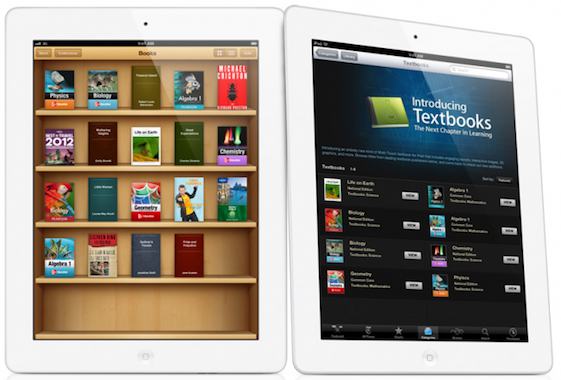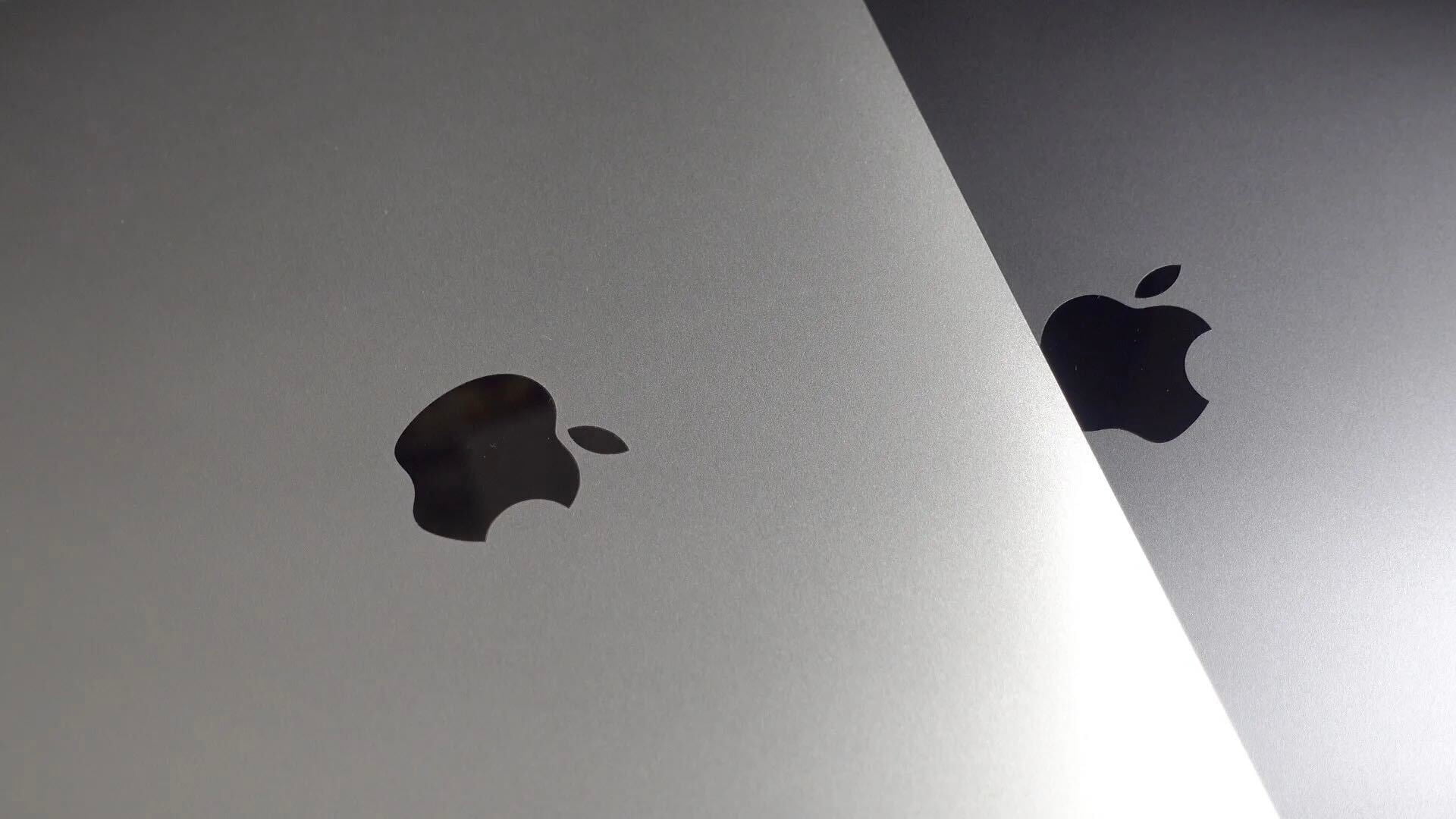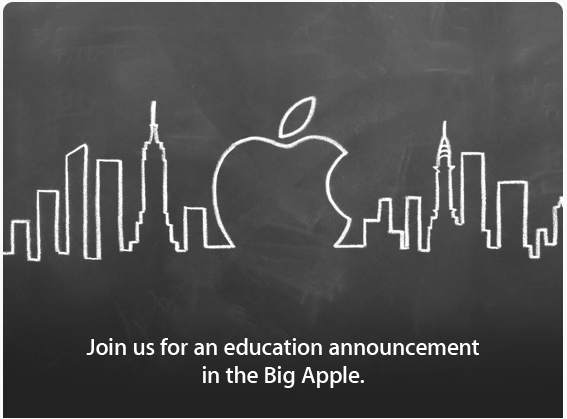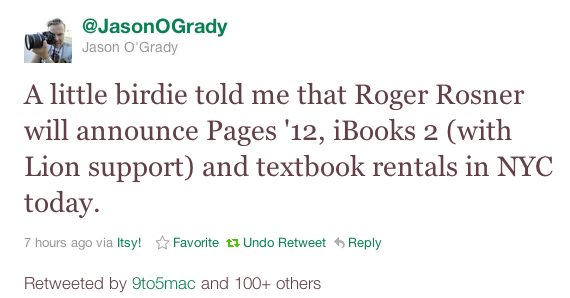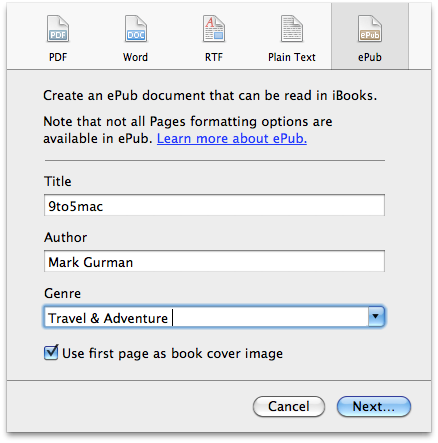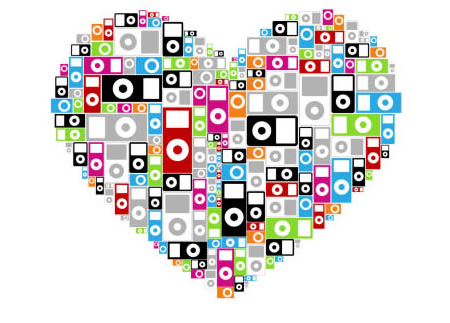
Apple’s product naming is easy to love.
Apple’s recent success in the technology market is, of course, the result of several factors. The solid hardware, the meticulously maintained and simplified software, and a fantastic retail show from the store floor to the unboxing of its products. They have a total user experience that no one has yet been able to touch.
Something that isn’t talked about much, however, is quite basic: Apple’s product naming strategy. No other company puts as much effort into distilling and simplifying their product naming.
You’ll even notice that when referring to their gadgets, Steve Jobs and other Apple employees refer to them as “iPod” or “iPhone”, not “the iPod” or “the iPhone”. Taking out the definite article anthropomorphizes these products, likening them to a friend or pet.
Because of this, it’s easy to get your head around Apple’s array of products. Just four basic product lines – Macintosh, iPod, iPhone and AppleTV – and not much else besides a few accessories, software and services that Apple sells.
For iPhone and AppleTV, that’s all you need to know. The only other classification information for these two product lines is the memory space. iPhone 8GB, 16GB. AppleTV 40/160GB. Easy.
For iPods and Macs, there are a few more variables. But nowhere will you find confusing model numbers in the product lines.
When Steve Jobs returned to Apple in 1996, he slashed everything that wasn’t profitable and moving forward, simplified the Apple lineup. Gone were the many different clones, the Power Macintosh 8500/180s, the Newton MessagePad 2100/Emate 300 and the Powerbook 1400, 2400 and 3400.
In came the PowerMac G3, the iMac, the Powerbook G3 and then later the iBook, MacPros, MacBooks and MacMini. iPods are no different: Shuffle, Nano, Classic, Touch; no numbers, just names.
Contrast this with Nokia, which sells its solid N-series phone lineup from N70 to N96. Ask all but the most hardened geek what differentiates each one and you’ll get little more than a confused expression. How about the Toshiba G900 or the Samsung F700? – both great phones with forgettable names. It’s hard to have a relationship with an anonymous number.
How about a network product from Linksys or Dlink? My NAS is a Dlink DNS-323 but it doesn’t do domain naming. I love the Linksys WRT54G router line for its hacktasticness, but it’s hard to even identify. The software I use to run it is called DD-WRT. Is that, wert?
Apple calls its wireless product Airport. It has for years. When it adds more features like a Gigabit Ethernet hub and USB hard drive support, it becomes Airport Extreme (I know “extreme” is oh so tired – but stick with me here). The smaller, portable model? Airport Express. Non-techies can get this.
Or how about PC Manufacturers like Dell, HP and Sony, which offer models like the VGN-PR2 or the XPS 420. It’s hard to endear yourself to an XPS-420 unless your name is R2-D2 or C3PO.
Certain other tech companies have had success with real names. The LG Chocolate. The Samsung Blackjack. Motorola’s RAZR, KRZR, etc. But these are the exception rather than the rule.
With the success that Apple has had with its simplified naming strategy, it is a wonder that more technology companies aren’t copying such an obvious success and persist in confusing and alienating their customers.
40.714513-74.005122

